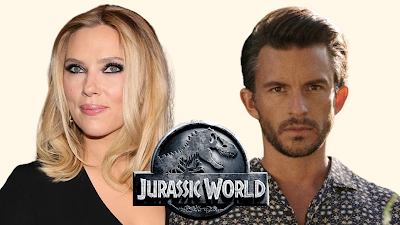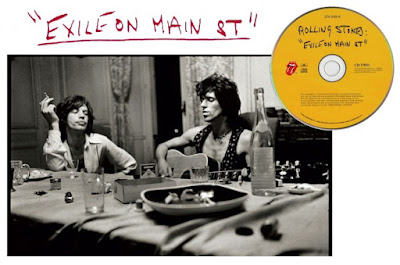Jonah Hill Provides A Snapshot Of Hip-Hop And Skate Culture In 'Mid90s'
 |
Image from The Daily Beast
By Darian Scalamoni |
It
was back in early 2017 when Jonah Hill announced Mid90s as his directorial debut and when the details emerged that
the movie would be in the same vein as films such as Kids, Lords of Dogtown and Dazed
and Confused, I was excited to see what he could bring to the screen. Luckily,
I wasn’t disappointed.
Mid90s follows a 13-year old named
Stevie, who is played magnificently by Sunny Suljic, wanting to fit into the Los
Angeles skateboarding scene. He has an admiration for the lifestyle of
skateboarders that are years older than him. These skaters in particular are named
Ray, Fuckshit, Ruben and Fourth Grade. These teenage skateboarders are actually
played by skaters in the film. They all hold their own with their acting but
the one who shows the most chops is Ray, who is played by Na-Kel Smith. In
particular, a scene in which Ray has a conversation with the much younger
Stevie about life and what to aspire to, he truly stands out.
Hill has
said in interviews for the film that he tried to paint a picture of what his
life was like growing up in L.A. in the 90s with the hip-hop culture serving as
a backdrop for ultimately the bigger influence, skateboarding. Hill’s direction
was confident in a first project, pouring personal experiences and being hyper
specific about how he wanted the film’s tone to feel and look to be perceived.
This is on true display within minutes as Stevie sneaks into his brother, Ian’s
room. Stevie is observing with great detail all the clothes in the closet,
posters on the wall, shoes on the shoe rack and CD’s on the shelf.
Ian
is played by Oscar-nominee, Lucas Hedges with a ferocity that we’ve yet to see
him show before but does it with such an intense nature that you instantly hate
his character. Bullying his younger brother, physically abusing him and describing
how life was before he came into the world for him and their mother, Dabney,
played by Katherine Waterston. The film deals with Stevie navigating his way
through his troubled home life with Ian and Dabney as well as trying to fit in
with his new clique.
Though
Smith and Hedges impress, Suljic is clearly the standout in Mid90s. He handles the lead role with
grace and a maturity that is beyond his years. Suljic’s Stevie is a true
enigma, given the nickname Sunburn early on by the crew and being known for
taking the hardest bumps out of all of them. He’s the engine for the story and
constantly impresses you with his prowess amongst his respective actors.
Other
standouts for the film are the composers, Trent Reznor and Atticus Ross
providing the film with life and a score that makes you feel every pulse that
Stevie feels. That along with the soundtrack which features top artists of the
90s such as Nirvana, A Tribe Called Quest, Big L and even Morrissey as well as
the cinematography from Christopher Blauvelt help lend themselves to a big
nostalgic part of the overall film.
While
Hill focuses heavily on how important skateboarding is to these characters,
there’s also an underlying analysis on the anti-ethic of the sport. This is
evident in a scene in which Dabney brings Stevie to the skate shop to tell his
friends that they need to stop hanging around her son as she points out to
Stevie that they look like “gang members.” While also examining the negative
imagery that some may have had for skating and those who skate back in the 90s,
it’s clear that Hill demonstrates a clear sense of community throughout the
film.
Hill evokes
a lot to the audience with showing more than saying as the script is pretty
bare bones, however, he does so with heart and gives a proper snapshot of
skateboarding culture and how it affected tons of children and young adults at
the height of the 90s in Los Angeles.
8.4



Comments
Post a Comment